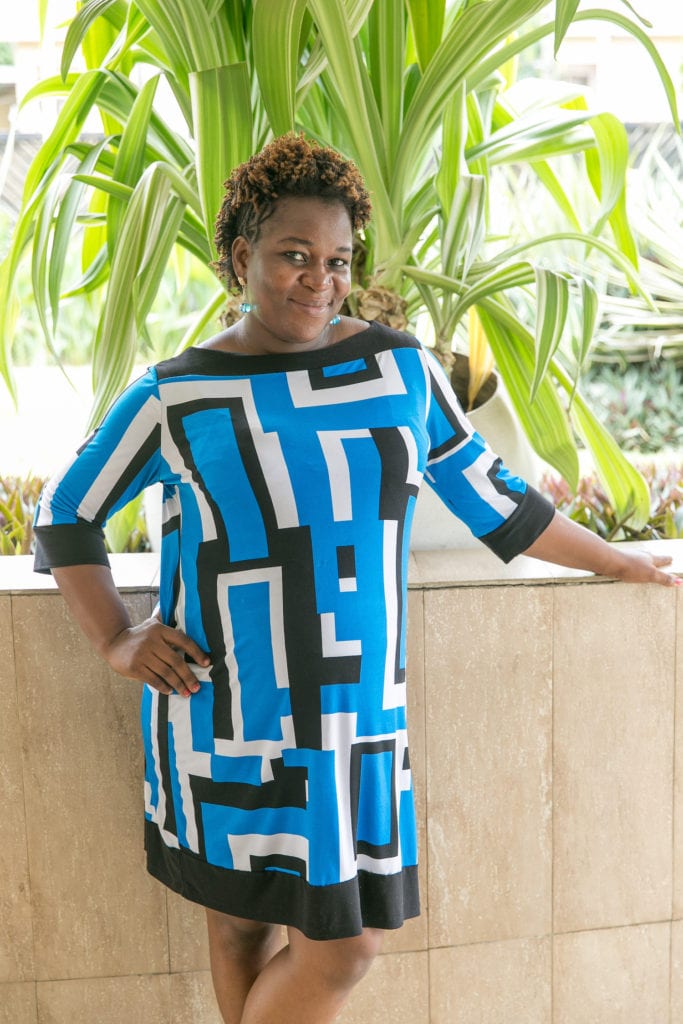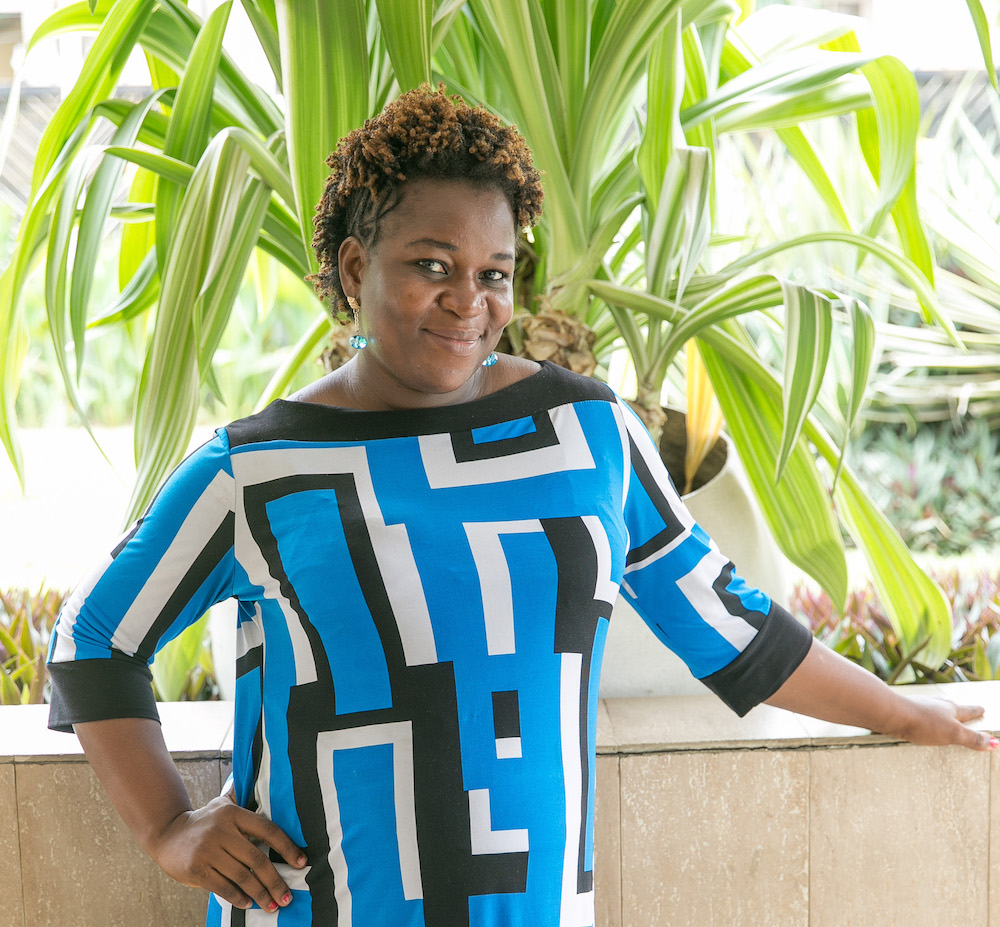By Oduwa Agboneni, Rise Up Gender Equity Initiative Fellow and Founder and Executive Director of the Nenis Foundation
Continuing our series of profiles of new Rise Up Gender Equity Initiative Fellows, Oduwa Agboneni shares her story of gaining new skills, knowledge, and networks to advance her work from service delivery to systems change.

Growing up, my choices and decisions were mostly pre-determined by my gender. So I pushed against the grain and broke into a field that is often reserved for men: engineering.
As one of the few female mechanical engineers in the country, I am committed to creating spaces for women and girls in male-dominated disciplines in order to help combat gender stereotypes that continue to oppress women and girls in Nigeria.
Today, I am the Chief Executive Officer of Nenis Engineering Limited and the founder of Nenis Foundation. Our business model focuses on empowering women and girls in automotive maintenance services.
Before attending the Rise Up Nigeria Leadership and Advocacy Accelerator workshop in April 2018, my Foundation was only involved in service delivery – training young girls on automotive maintenance and entrepreneurship skills.
I applied to the Rise Up program because of my passion to change the status quo and shatter the glass ceiling. When I was accepted, I felt really excited and inspired to achieve my dream.
I attended the Rise Up training and I developed my skills as a leader and learned more about advocacy. This was a game changer for me, because it gave me the tools to make sustainable change, making a difference in the lives of not just a few girls, but a generation and generations to come.
I learned how to develop and implement more sustainable programs that have long-term outcomes by putting in place the right structures, such as policies and guidelines, to open opportunities for women and girls to engage in more technical fields. In addition, I learned how best to collaborate with others in this field, the importance of having an active advisory board, and much more.
The advocacy project I am currently working on is to ensure Lagos State Secondary Schools are properly adopting and implementing the Nigerian Educational Research Development Council’s (NERDC) technical trade subjects curriculum in order to help increase the number of girls learning technical trade skills and developing interest in technical trades.
I will know I am successful when the Lagos State Ministry of Education’s Curriculum Services Department approves and successfully implements the NERDC curriculum, making technology trade subjects one of the basic subjects that all students ages 10-18 are taught across all secondary schools in Lagos state.
My hope for the future is to have an equal representation of men and women in the engineering sector that leads to the best solutions as a result of diverse ideas.


